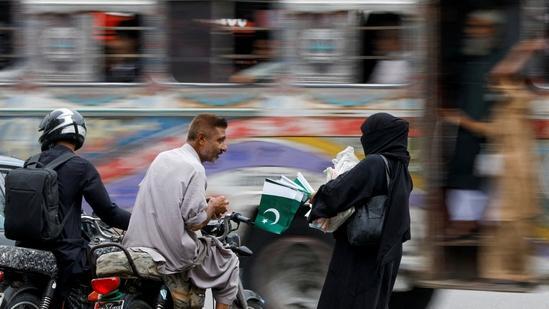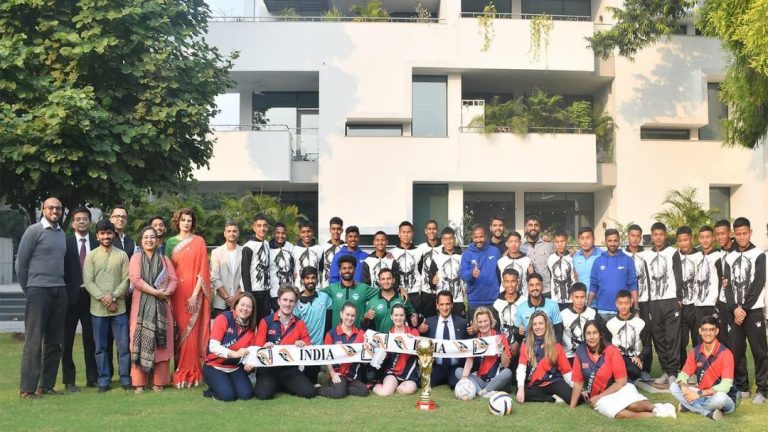
Nearly 45% of Pakistan’s population is poor, says World Bank report
Pakistan, a country with a population of over 216 million people, has a significant portion of its citizens living below the poverty line. According to a recent report by the World Bank, nearly 45% of Pakistan’s population lives in poverty, while 16.5% lives in extreme poverty. This alarming statistic has been revealed after a World Bank revision of the threshold poverty line last week.
The report highlights the staggering reality of poverty in Pakistan, which is expected to continue for the foreseeable future. In fact, a previous assessment by the World Bank in April had predicted that 1.9 million additional people would fall into poverty in 2024-25 in Pakistan.
The World Bank’s revised poverty line is based on a new methodology that takes into account the costs of living in different countries. The revised line is significantly higher than the previous one, which means that more people are now classified as poor. According to the report, the poverty line is now set at $5.50 per day, up from $1.90 per day previously.
The report also highlights the significant disparities in poverty rates across different regions and provinces in Pakistan. For instance, the poverty rate in Punjab, the most populous province, is 34.6%, while in Sindh, it is 44.6%. In Balochistan, the poverty rate is a staggering 63.6%, while in Khyber Pakhtunkhwa, it is 41.5%.
The World Bank’s report has sparked concerns about the effectiveness of the government’s efforts to reduce poverty in Pakistan. Despite the country’s rapid economic growth in recent years, the poverty rate has remained stubbornly high. The government’s flagship program, the Benazir Income Support Program (BISP), which provides financial assistance to poor families, has been criticized for its inefficiencies and lack of targeting.
The report also highlights the need for sustainable economic growth and social protection programs to address poverty in Pakistan. The World Bank has recommended that the government increase its spending on social protection programs, improve access to healthcare and education, and promote entrepreneurship and job creation.
The World Bank’s report is a wake-up call for the government and civil society organizations in Pakistan. It is essential for the government to take immediate action to address the root causes of poverty and ensure that its policies and programs are effective in reducing poverty.
The report also highlights the need for international support and cooperation to address poverty in Pakistan. The World Bank has called for increased foreign aid and investment in Pakistan to support its efforts to reduce poverty.
In conclusion, the World Bank’s report is a stark reminder of the scale and complexity of poverty in Pakistan. It is essential for the government, civil society organizations, and international donors to work together to address this issue and ensure that the country’s economic growth benefits all its citizens.






